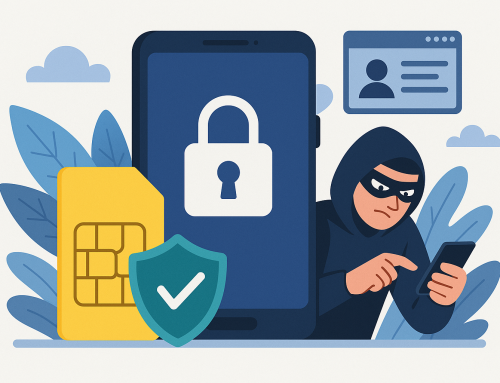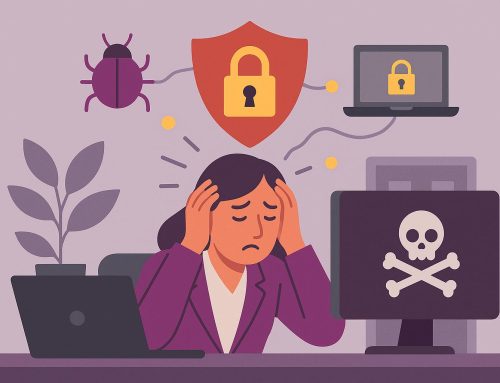#1 Beware of pop ups advertising free antivirus scans or software updates
Rogue security software or “scare ware” is employed by criminal gangs attempting to lure people into fraudulent transactions. Initially on PCs, it has now appeared on certain smartphones running Android, a new but inevitable twist. Ensure you know what security software you have installed and be wary of software you don’t know asking you to approve an update or run a scan.
#2 Check for https when banking or shopping
Any kind of financial or information exchange carried out on the Internet should always use SSL encryption technology. You can easily see if a website is using an SSL certificate because the address in the web browser will begin with https rather than just http (see image below).
Using SSL verifies the identity of the owner of the website and ensures the communication between your computer and the website is encrypted.
#3 Beware of public Wi-Fi security
Public Wi-Fi has featured in the news recently as more sophisticated techniques are used to capture web browsing traffic on unsecured wireless networks. As a very basic example criminals may setup a Wi-Fi network visible from a coffee shop and call the network “Costa – free Wi-Fi” (other coffee shops are available). Any data sent over this fake network can potentially be stolen and used for ID theft. Avoid being caught out by not using public Wi-Fi for sensitive transactions.
Further information can be found here.







